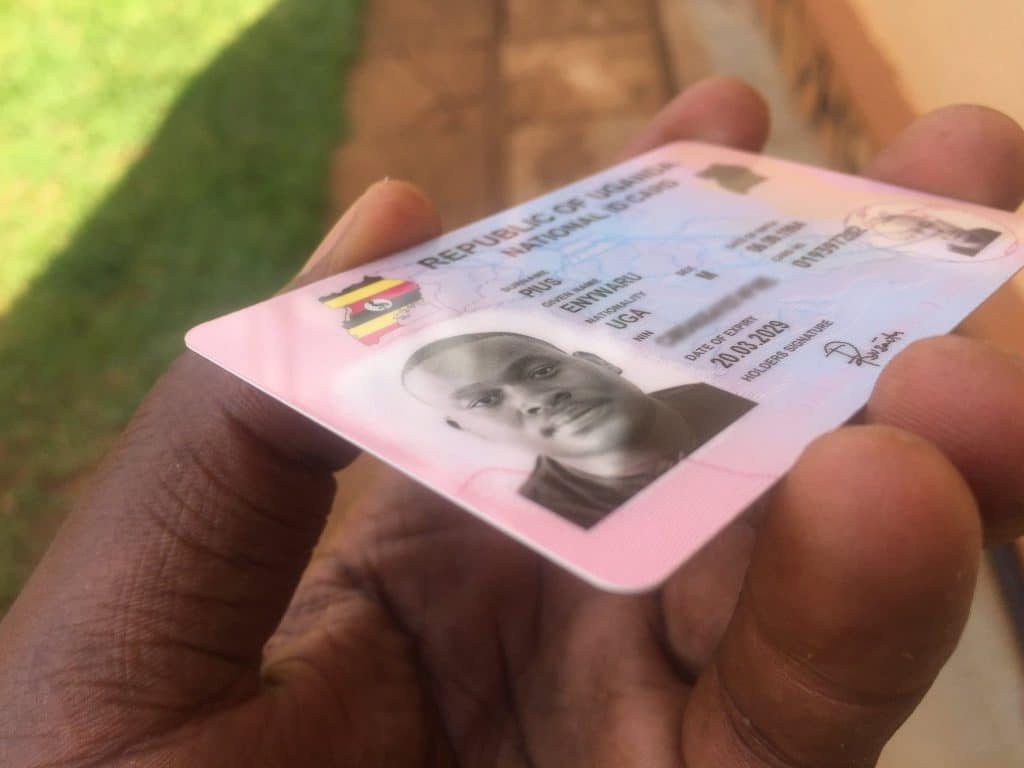Uganda court accepts brief from rights groups on digital ID case
Uganda’s High Court at Kampala ruled that it will accept an ‘Amicus Curiae’ brief from three human rights organizations, Access Now, Article 19 and the Collaboration on ICT Policy (CIPESA), in a suit challenging the country’s national digital identity scheme, known as Ndaga Muntu.
This ruling follows a suit filed by the Initiative for Social and Economic Rights, The Unwanted Witness, and Health Equity and Policy Initiative, against the Ugandan Attorney General and the National Identification Registration Authority (NIRA), Uganda’s ID issuing authority, according to a statement published by Access Now.
Ugandan law recognizes ‘Amicus Curiae’ as a person or organization that is not a party to a suit but who is allowed to participate in the litigation by providing the court with important information intended to assist the court in making an informed decision.
The organizations had, in a brief, sought leave to provide the court with information in addressing three important questions in the case pending before it. The questions are about the impact of the country’s national digital ID programs on the right to privacy, the impact of the programs on the right to freedom of expression, and the impact of the programs on related economic, social, and cultural rights.
In the statement by Access Now, the ruling by the court to accept the Amicus Curiae request means it will be able to have “expert intervention” on “the human rights red flags around the country’s digital ID system” from the human rights groups.
The groups hold that any ruling by the court must take into account the human rights underpinnings of the digital ID system which they say is mandatory, yet exclusionary.
Natalia Krapiva, tech-legal counsel at Access Now, while commenting on the court ruling, said: “The High Court of Uganda has the responsibility to safeguard human rights. Access Now welcomes the Court’s decision to admit our brief on Uganda’s digital ID program, enabling civil society actors with unique expertise in digital rights to intervene in proceedings that affect people and communities across the country.”
“Civil society’s input on the relevant international law applicable to the Ndaga Muntu will assist the Court in making a decision that will affect the fundamental rights of people in Uganda.”
Also commenting on the development, Access Now Africa Policy Analyst Bridget Andere emphasized that “courts must ensure that the human rights framework is at the core of any new digital identity system. Without this vital commitment, we are risking the rights of all, particularly vulnerable people and communities that are uniquely dependent on State programs to access basic socio-economic rights.”
The Attorney General and NIRA had objected to the admission of the brief on grounds that it was not impartial and that it introduced new and inadmissible evidence, according to Access Now.
Ugandan authorities have argued that the digital ID scheme is aimed at accelerating the country’s digital transformation ambitions and facilitating access to vital public services by citizens.







